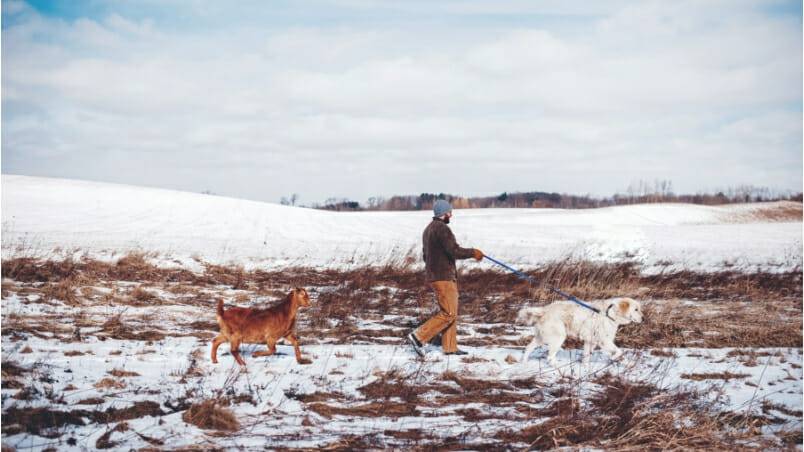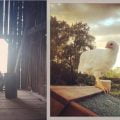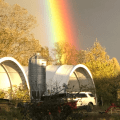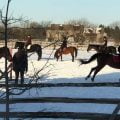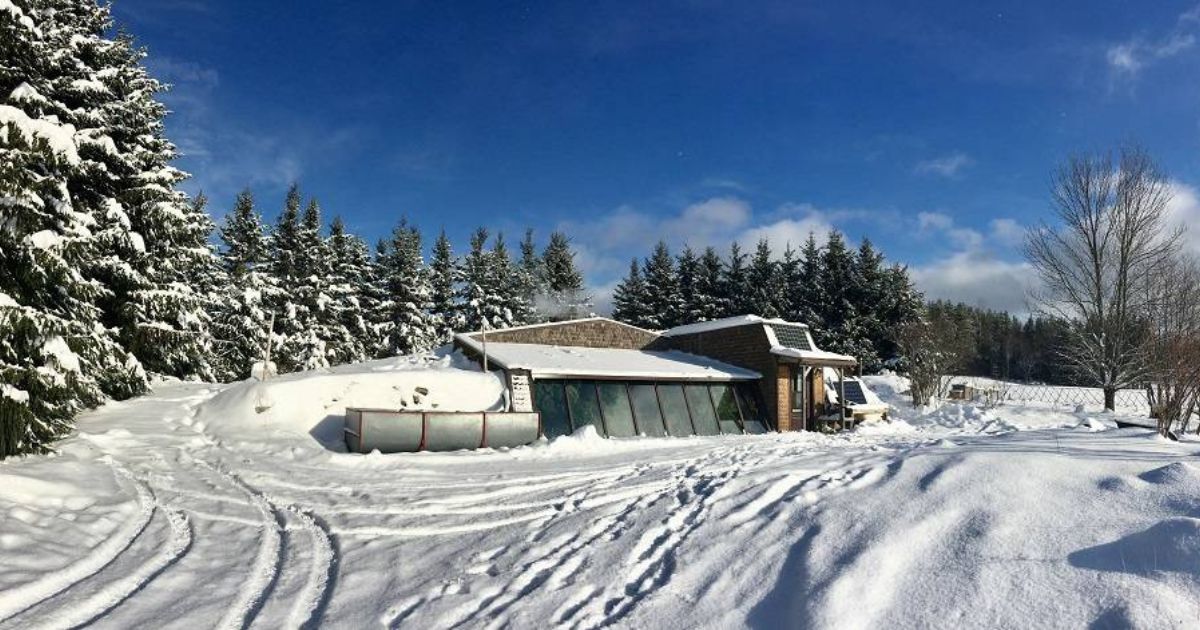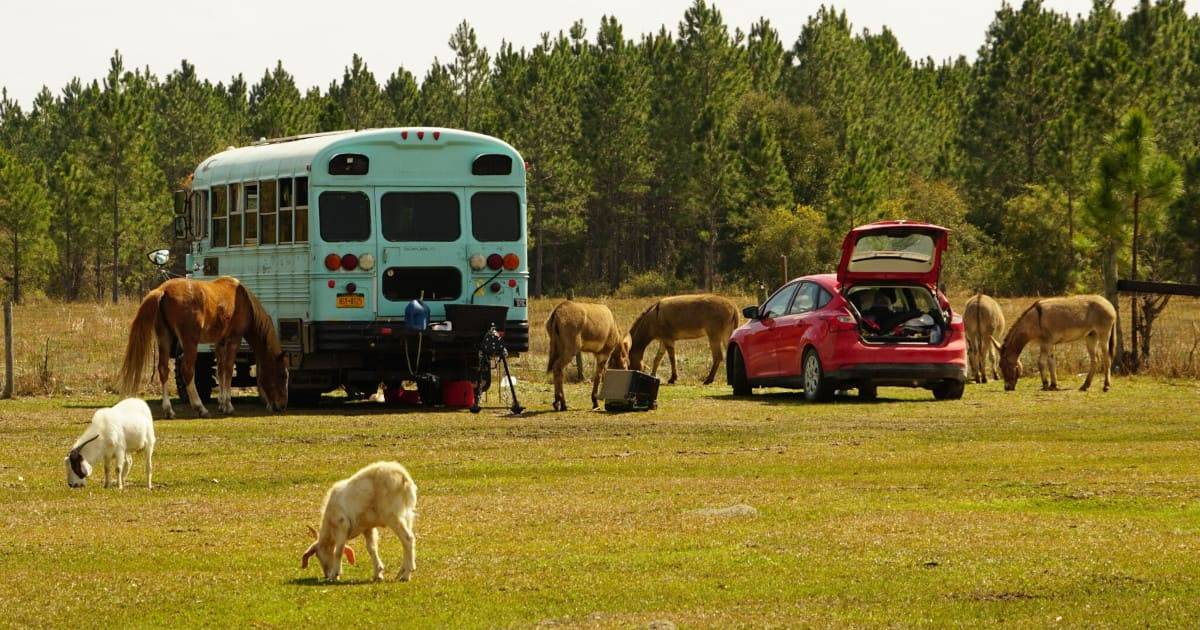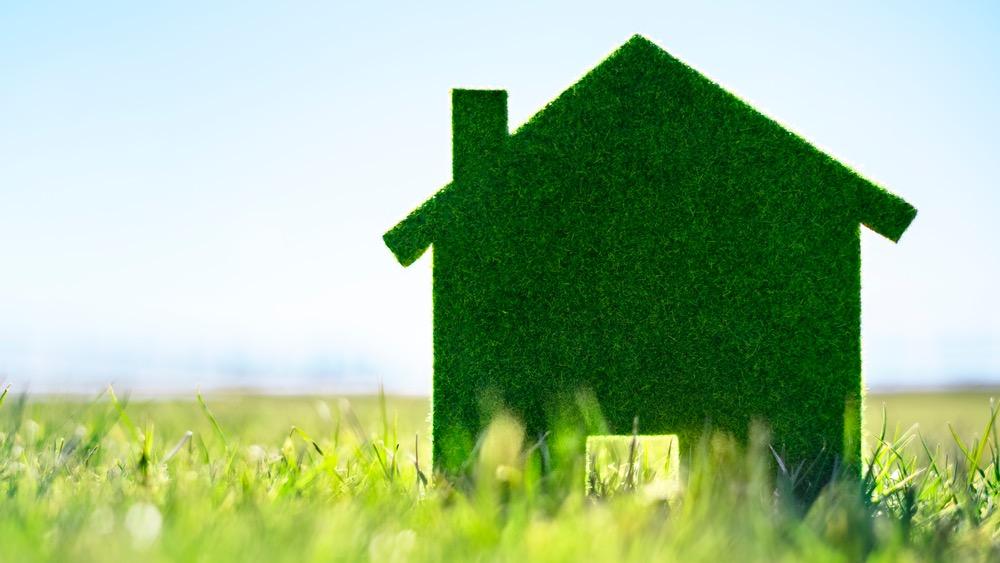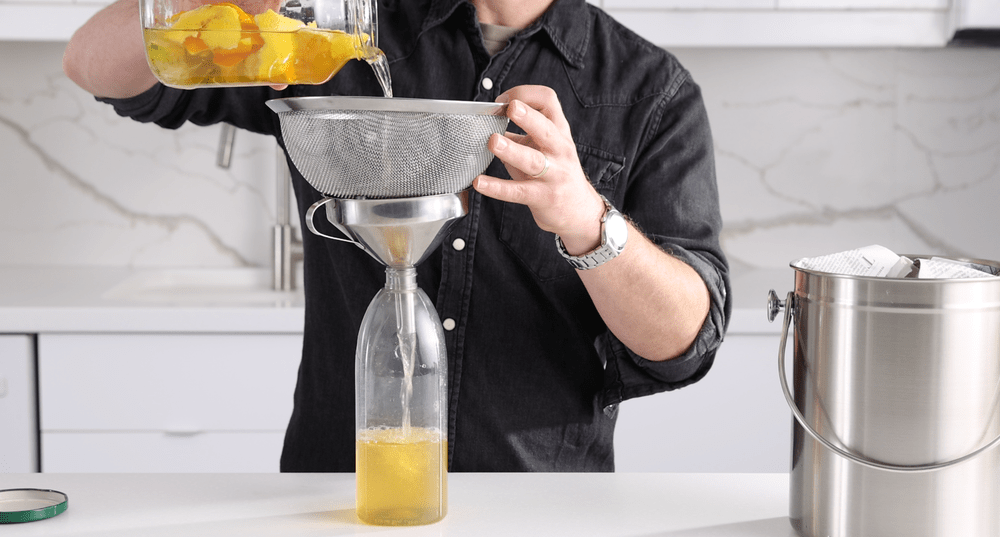Oops! Mistakes happen. In our Winter 2018-19 issue, you may have been wondering about our article “A Time of Rest.” Unfortunately, the opening of the article is missing from the print edition
To read the full story see below, or get the complete article online free with your subscription.
The clock glows 7am but the cold darkness makes it feel more like 4am. It’s the middle of winter in Southern Ontario, and although we have it better than most across the country, it still often dips to -20C with the wind-chill. Right now we’re stuck in another extreme-cold weather warning and that makes chores around the farm unpleasant. But the animals on our homestead need us, and that’s what motivates us to throw the duvet covers back and slink out of our warm and cozy bed.

We installed a highly efficient wood-burning stove not long after we bought our 1870 farmhouse, and it’s served us well as a heat source and cooktop during many power outages. It gets loaded up with wood so that by the time we get back from chores, the main part of the house has lost its unwelcoming chill. Heating this old house with its various additions and gaping holes in the floor boards is one of the cozier chores.
The light in the greenhouse, which is now the chickens’ coop, guides us as we trudge out to the barn, the bitter cold prickling our nostrils and making us shrink into our overalls. Hens need 12 hours a day of light in order to maintain their egg-laying routine, so every winter the girls get a 4am wake-up when their lights come on. Of course, their production still dwindles as they divert more calories towards staying warm, and inevitably one of the girls decides mid-winter is an ideal time to moult, which completely halts her production. I have been accused of coddling our animals, and rightly so, but I will never regret making a sweater for a naked chicken in January.
First we check the most common, and annoying, problem in winter: frozen water bowls. One of the most reliable and economical solutions for us was a homemade “light box.” Buy a large old cookie tin and lamp kit, install a lamp fixture beneath the tin, twist in a low-wattage bulb and you instantly have a warm metal box that, usually, keeps water from freezing. Since we discovered that we have about six of them – some are just for water and some I like to tuck into the coop on very frigid nights. The warmth of the light box also came in handy when one of the barn cats, Willow, gave birth to five kittens during a polar vortex.

Chickens hate snow. But cold temperatures don’t usually bother them as long as they have a snow-free area to scratch and dust-bathe in, which is why we move them into the empty greenhouse by the end of Autumn. They have a snow-free area to enjoy and they repay us with some fertilizer. Before we had the greenhouse, a kiddie pool of sand was sufficient.
One of our favourite breeds is the Chantecler. It’s Canada’s only breed of chicken and was developed in 1921 by a Trappist Monk in Northern Quebec who wanted a winter-hardy hen. And winter-hardy they are! While most chickens have a layer of down covered by a layer of contour feathers, the Chantecler is mostly down – which makes for one toasty chicken! We also love being part of a small number of homesteads keeping this national treasure from extinction.
Before we leave the coop, we collect any eggs laid since evening chores the day before. In these temperatures, eggs freeze and split open in a few hours – in which case the dog gets a frozen treat.
In the barn, we get the dry food we need for the cats, the dog and the goat. Everyone is getting extra these days even though they are fairly sedentary. Our dog, Moses, is a Maremma, or Italian Sheepdog, which is part of the Livestock Guardian breeds, and his kind is very common on farms around here. He’s low energy on the best of days, but in winter, when his only livestock to guard is his friend, Georgie the goat, he’s in vacation-mode. Moses’ main job is barking when he senses any threats to his flocks from land or sky. He also does an overly-thorough job marking the boundaries of his land.

Georgie was purchased as a meat-goat, but he was sickly as a kid and he bonded so well with the dog that we let him stay on, and it’s cold days like this that we are glad Moses and Georgie have each other to snuggle with.
When the nights first start dipping below freezing it’s difficult to not put blankets on everyone. But as most farmers learn, as long as your livestock has been able to gradually adapt to the dropping temperatures, they’ll do just fine over the winter. Putting blankets on animals when it starts to cool only stunts the growth of their winter coats, and in the long run, actually makes them colder and unable to be outside without their blanket on.
The most important improvement on the farm was the waterline we buried six feet underground – well below the frost line – so that we could still get fresh water to the animals in the pasture. Our first year here we schlepped buckets of water from the bathtub in the house to the barn twice a day! When the waterline and frost-free pump were installed, we felt like we shared in the joy the Pioneers must have felt when they first pumped water.
With everyone fed, their waters unfettered by ice, and new straw added to deepen their beds, we grab more armfuls of wood, dutifully bucked the summer and fall before, and head back inside.
We love the peace and stillness that comes with winter. There’s little to do outside except the basics and then to enjoy the animals who are wintering with us. On those freezing January days when the snow is crunchy but the sun is bright, we might take the dog for a walk around the property – checking the fence lines and transplanted trees. Georgie, the goat, gets severe separation anxiety if Moses leaves him, so he must join us for walks. It’s bizarre but delightful.
By 4pm Romeo the rooster has called his hens into their coop where they tuck in early, all of them squeezing into one corner for warmth. Even lower temperatures are expected again tonight, so I grab a couple of eggs and tuck another light box into the chickens’ coop before I lock it up. No doubt the cats will end up in the house, but the dog and goat get the heat lamp in their shelter turned on. I once fashioned a jacket for the goat, but it’s now lost out in the pasture under a foot of snow. He didn’t like it. He prefers snuggling with Moses.

The hard work from the previous three seasons is rewarded with a roasted chicken dinner, or pork stew, or turkey pot pie – anything hot and comforting and pastured on our land. This is the time we get to relish in the fruit of our labours, we take stock of our successes and failures, and we map out a new plan, for the next three seasons of trial and error. But for now we rest, we eat, we restore. We warm our bones by the fire knowing all is well and safe on our land, for now.

